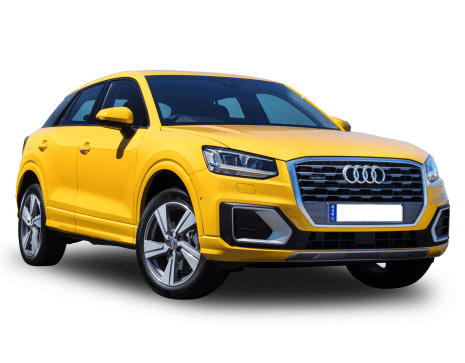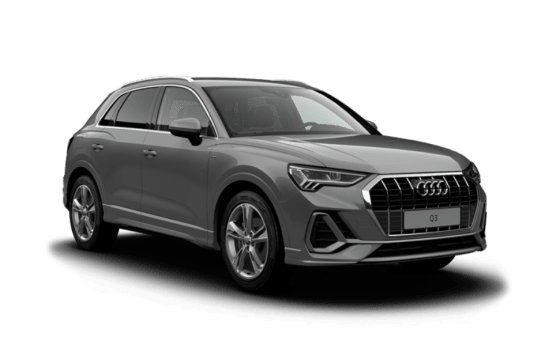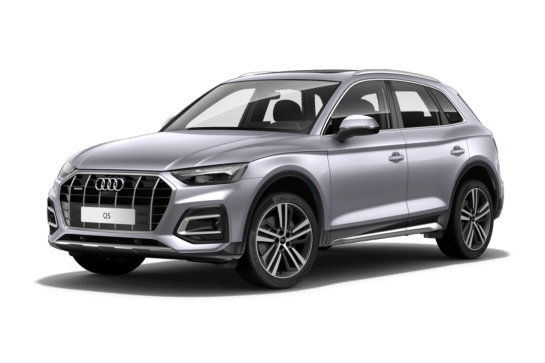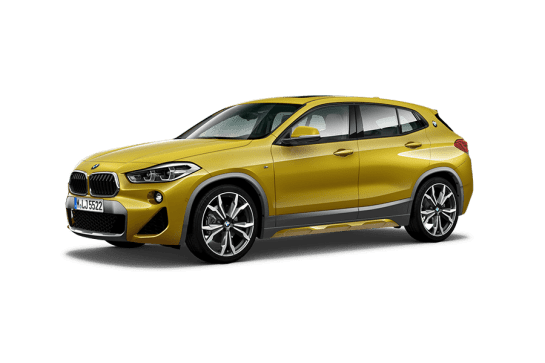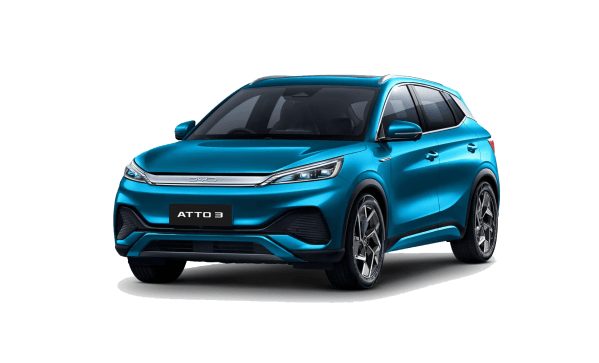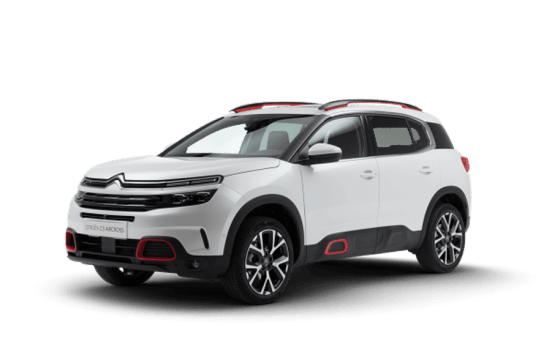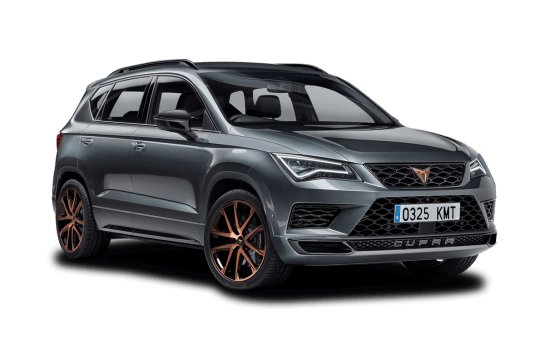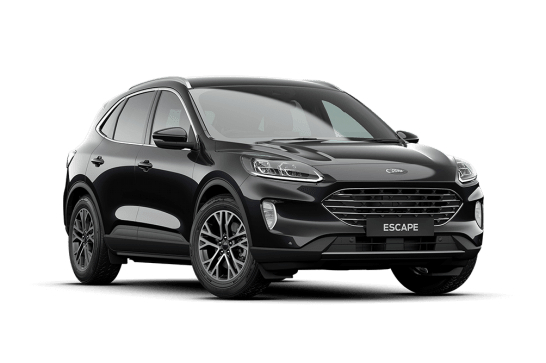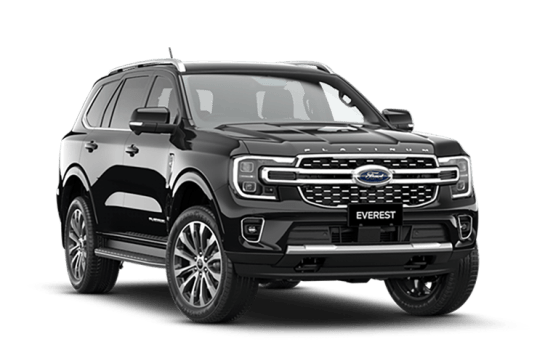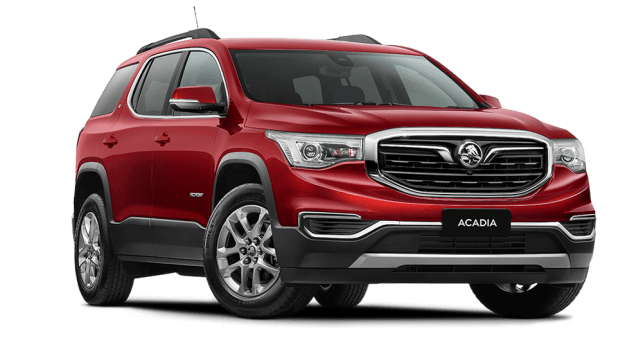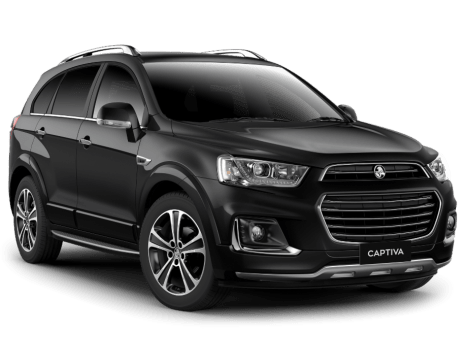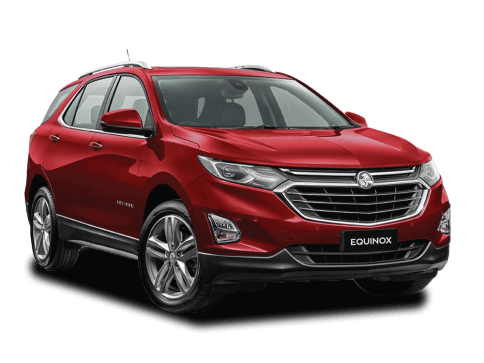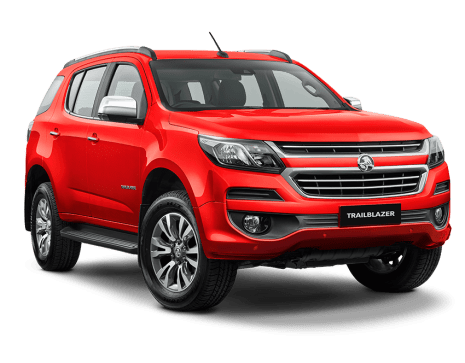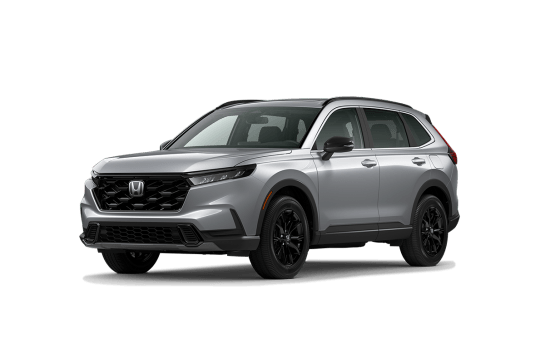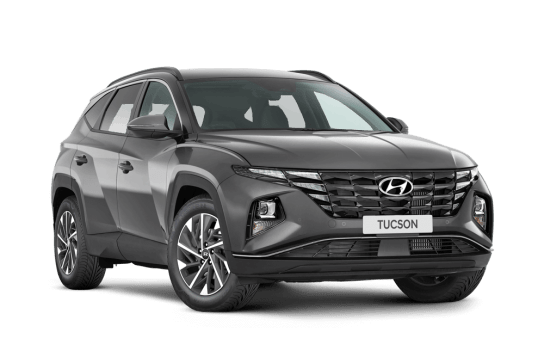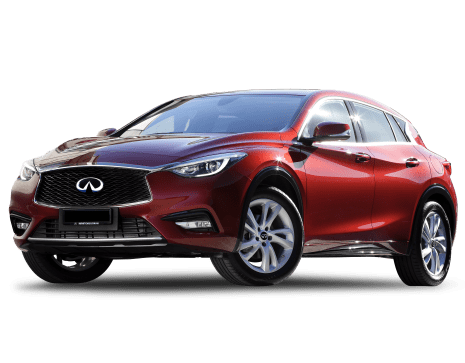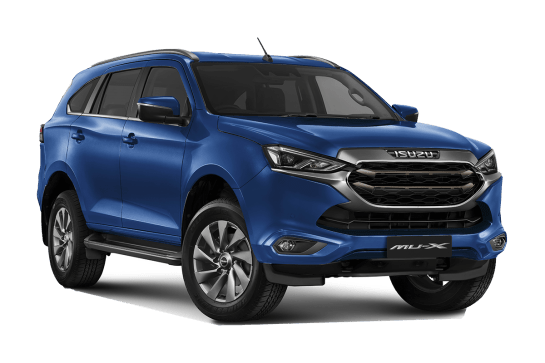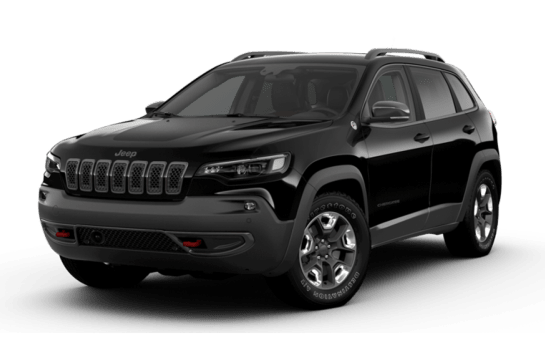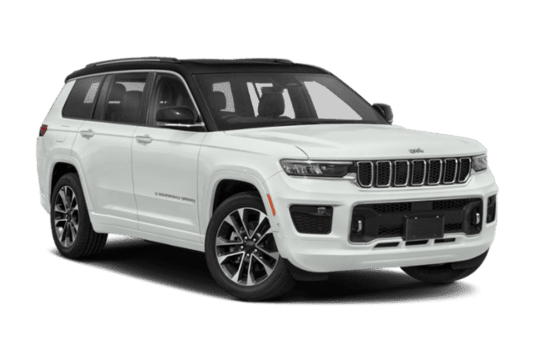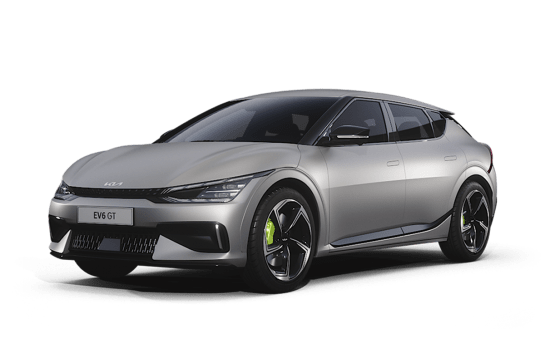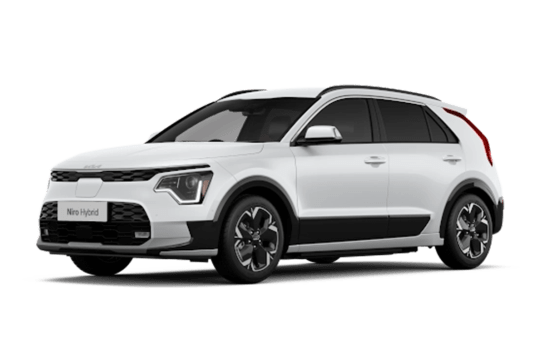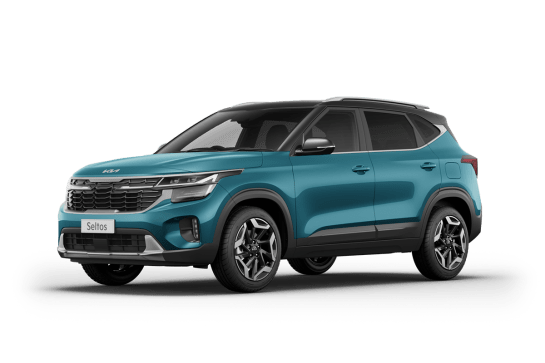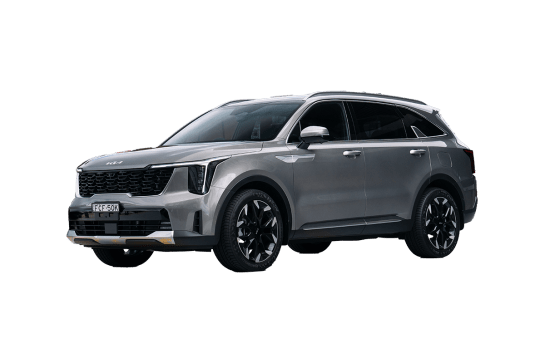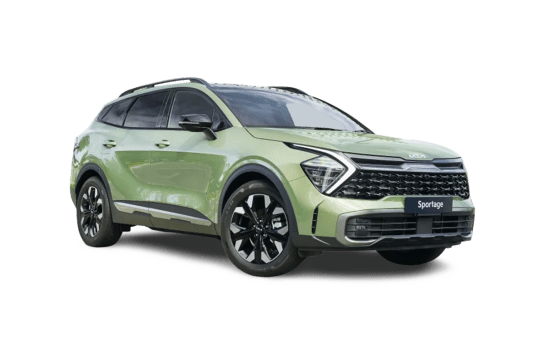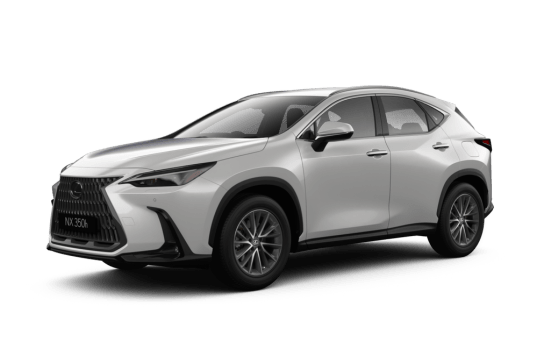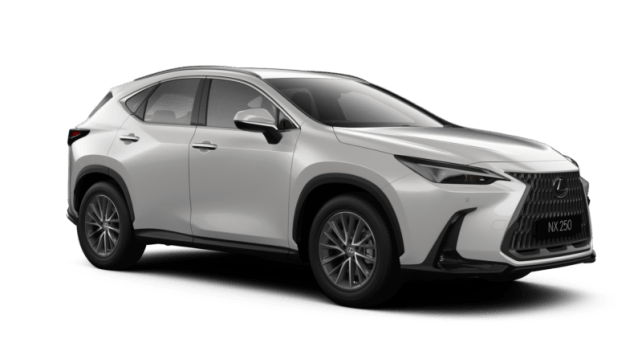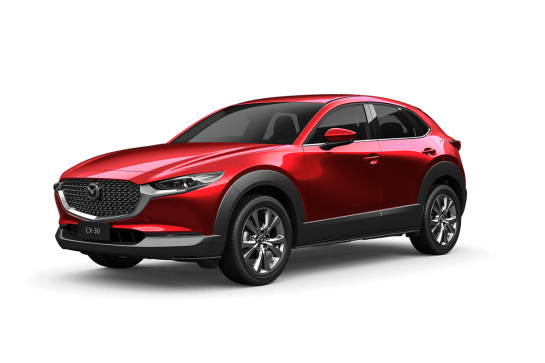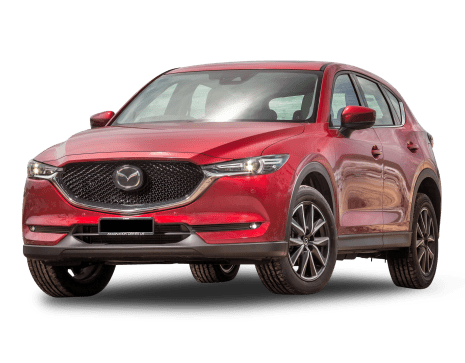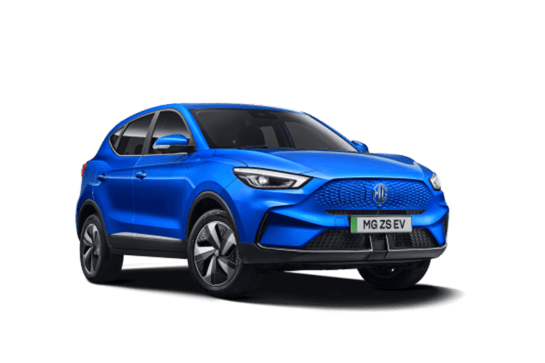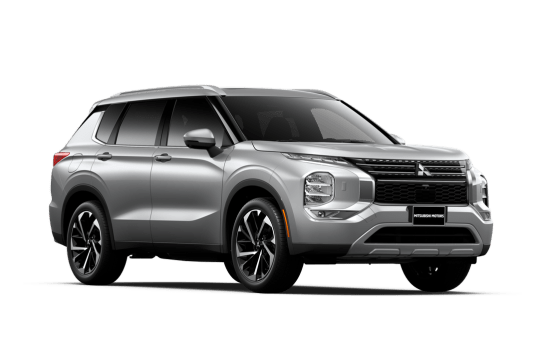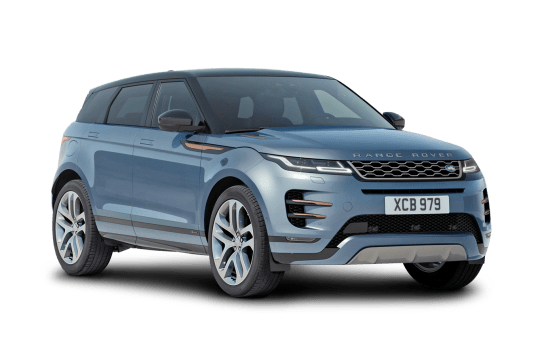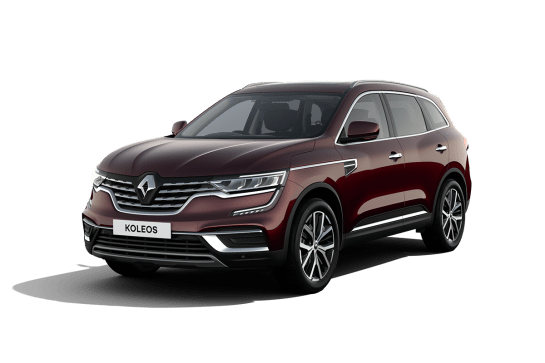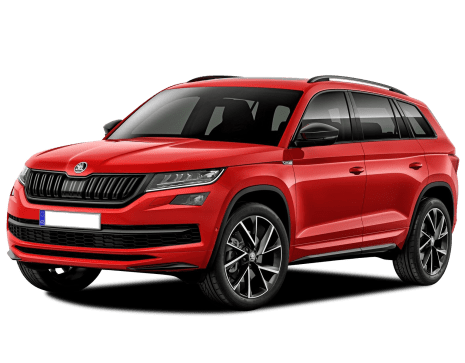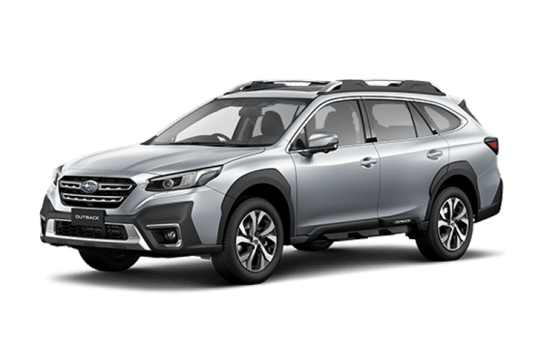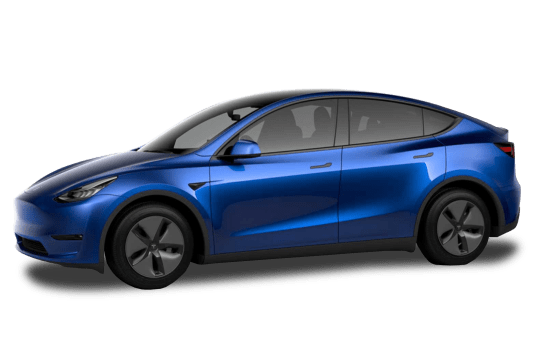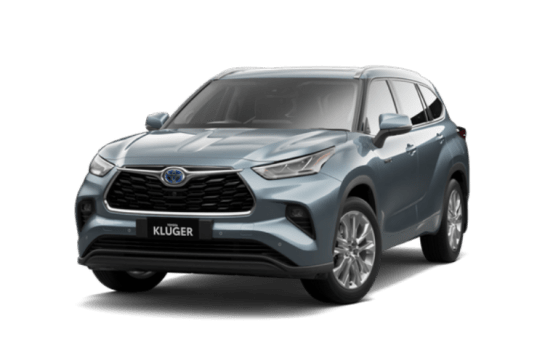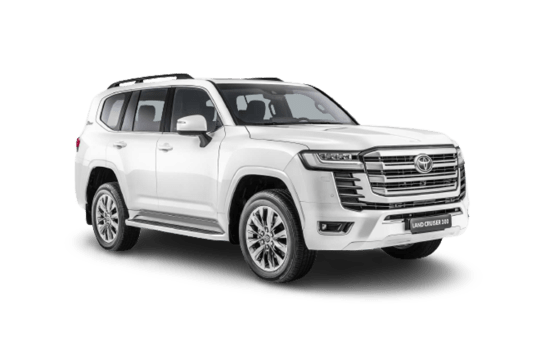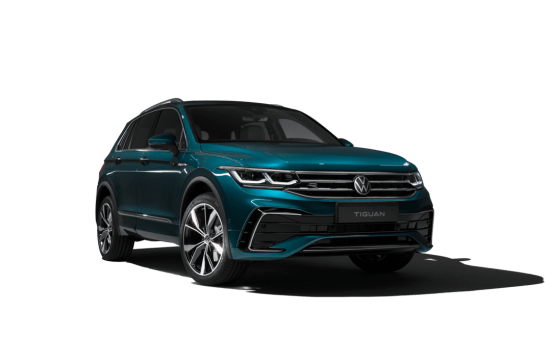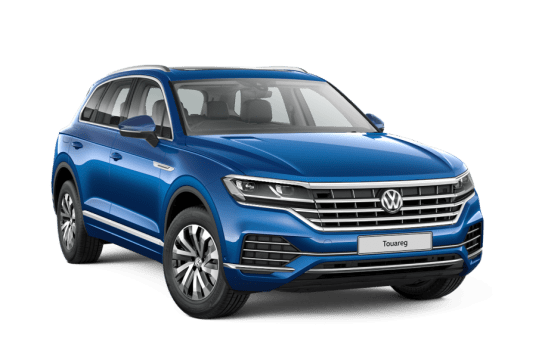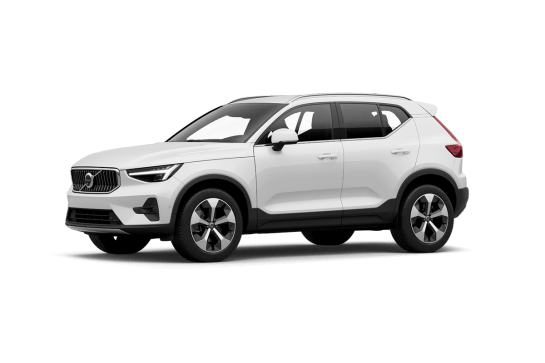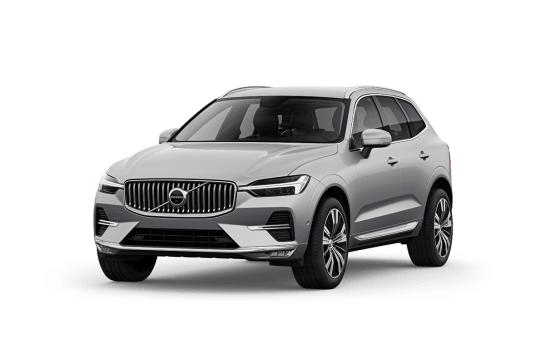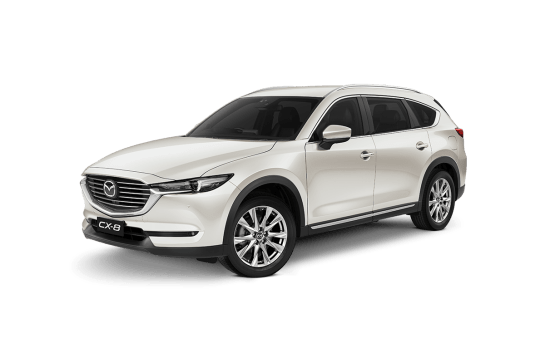
Mazda CX-8 VS Hyundai Santa Fe
Mazda CX-8
Likes
- Practical family features
- Luxe factors throughout
- Easy-as-pie to drive
Dislikes
- Misses out on a 360-degree view camera system
- Expensive compared to similarly specified rivals
- Low number of airbags for family SUV
Hyundai Santa Fe
Likes
Dislikes
Summary
Mazda CX-8
Mazda has a tendency to have a lot of similar looking horses in the stable; blink and you'll miss the (very) subtle differences between the CX-8 and the CX-9 but if you're not super keen on the bulk of the CX-9 and you've outgrown the space of the CX-5... this one's for you.
Especially, if you've been considering its competition - the Hyundai Santa Fe Elite CRDi AWD and Toyota Kluger GXL AWD. Both of which have become known for their features and space.
So, how does it compare? The CX-8 GT SP diesel all-wheel drive seats seven, has a decent boot space (albeit, when the third row isn't in use) and handles like a dream.
Read more about
Perfect combination? Maybe. I've been driving it for the last week with my family to find out for you.
| Safety rating | |
|---|---|
| Engine Type | 2.2L turbo |
| Fuel Type | Diesel |
| Fuel Efficiency | 6L/100km |
| Seating | 7 seats |
Hyundai Santa Fe
We’re comparing the Kia Sorento Hybrid in the highest spec GT-Line grade and the Hyundai Santa Fe Hybrid in the range-topping Calligraphy spec. Two SUVs so similar they’re pretty much the same, just wearing different clothes.
But there are a couple of crucial differences that might be deal breakers for you when it comes to choosing one over the other. But first, let me give you a bit of background.
The Hyundai Santa Fe and Kia Sorento are direct rivals, but in a sibling rivalry sense as well because both brands are related through a parent company which allows them to share engines and technology, even standard features like stereos and touchscreens.
Read more about
- 'The industry's all about hybrid': Hyundai Australia boss confirms importance of new Tucson Hybrid in taking the fight to the Toyota RAV4 Hybrid, joining Kona, Santa Fe and i30 sedan hybrid models to challenge market leaders
- Updated family favourite spied: 2025 Kia Sportage facelift draws closer as European version of Toyota RAV4 and Mitsubishi Outlander spotted testing - report
- Best SUVs arriving in 2024
So, what you’re really looking at is the best SUVs Hyundai and Kia could independently develop using pretty much the same parts.
The Sorento was updated this year with new tech, improved suspension and some cosmetic changes to keep it looking new.
Thing is, the Santa Fe hybrid in this comparison is the all-new, latest generation version that brings with it a more modern design inside and out and even some safety equipment the Sorento doesn’t have.
And at this point, I'm duty-bound to tell you the Santa Fe has airbags completely covering the third row while the Sorento doesn’t. Didn’t want to bury such vital information further down in the review in case you don't get that far.
Well, with that… let’s get into it.
| Safety rating | — |
|---|---|
| Engine Type | 1.6L turbo |
| Fuel Type | — |
| Fuel Efficiency | 5.6L/100km |
| Seating | 6 seats |
Verdict
Mazda CX-88/10
So, what did my family think about the Mazda CX-8 GT SP diesel all-wheel drive? I love how it performs on the road - it's super easy to drive and you don't notice how large it is in a car park.
There are some great family-friendly features scattered throughout and I like how practical this is too with the extra seats and top-tether points. The multimedia system isn’t my favourite and I would have preferred to have seen a few extra airbags and a 360-degree view camera, but overall, it’s a good family car and gets an 8.0/10 from me.
My son loved the sun blinds and the cool colour of the seats. He also gives it an 8.0/10.
Hyundai Santa Fe/10
The Hyundai Santa Fe Calligraphy Hybrid and Kia Sorento GT-Line Hybrid are both good value for money, plush, practical and super fuel efficient.
The Santa Fe, however, presents a more compelling case based on its third-row airbag coverage, clever storage and how easy it is to drive.
| Santa Fe Hybrid Calligraphy | Sorento Hybrid GT-Line | |
| Price and features | 9 | 9 |
| Design | 8 | 8 |
| Practicality | 9 | 7 |
| Under the bonnet | 8 | 8 |
| Efficiency | 9 | 9 |
| Driving | 9 | 8 |
| Safety | 9 | 8 |
| Ownership | 8 | 8 |
| Total Score | 8.6 | 8.1 |
Design
Mazda CX-8
To be honest, I can't really tell the CX-8 and CX-9 apart on the road. They're both large SUVs that sport the classic Mazda bonnet - sharp and long. Up close, the CX-9 has a bulkier shape but otherwise they are remarkably similar.
The CX-8's darkened grille generates some interest with its lattice-work and there are enough shiny chrome accents scattered about the car that it looks pretty.
Yet, the sporty sharpness that Mazda is known for is still hinted at with its shaping and the 19-inch black alloy wheels.
Our model is finished in 'Platinum Quartz Metallic' and it is the highlight for the exterior styling for me. I think because it's such an interesting colour to look at - it varies a lot depending on lighting conditions. Sometimes, it almost has a sheen of pink to it and at others, it looks like pearly sand.
The interior looks polished and refined with its burgundy leather trim and soft-touchpoints. Again, there is a lot of chrome inside to make otherwise dull features, like air vents, pop out.
Hyundai Santa Fe
The Santa Fe and Sorento’s standard features are almost identical but these two SUVs couldn’t be more different in their designs.
The Santa Fe is the newer of the two and this fifth-generation model only arrived in Australia this year, so its boxy styling is more on-trend than the Sorento's design which is a little more rounded.
The Santa Fe’s more blocky build looks good to my eyes but more than a few in the CarsGuide office think the 2015 Land Rover Discovery must have been an inspiration, or perhaps it's just a coincidence.
In Hyundai’s defence the rear of the Santa Fe looks nothing like a Land Rover. Its design with the low placed tail-lights and bloated tailgate looks more awkward than me attempting to high-five someone. Apparently if you look at their elbow it helps. High-fiving that is, not the design of the Santa Fe.
This current-generation Sorento arrived in Australia in 2020 and while an update earlier this year added a few cosmetic styling tweaks to try to keep it looking fresh, I think it's a tough looking, handsome SUV even if the smoother, more rounded design is starting to date.
The LED daytime running lights on both cars are distinctive. The Sorento’s, which skirt the bonnet edge before dropping down the side of the headlights, is a Kia design signature seen across its line-up from the tiny Picanto to the EV9 electric SUV.
The Santa Fe’s 'H' design is unique to Hyundai, a theme that’s mirrored in its tail-lights. The Sorento’s Ford Mustang-style tail-lights look good, but could do with an update.
The interiors are just as different as the exteriors with the Santa Fe’s cabin looking more modern and luxurious in its design with some quirky styling touches (Morse Code dots on the steering wheel anybody?) while the Sorento has a sporty and plush but more conservative look and feel.
These are large SUVs with almost matching dimensions. As you can see in the table below the Santa Fe is only slightly taller and longer than the Sorento.
| Santa Fe Hybrid Calligraphy | Sorento Hybrid GT-Line | |
| Score | 8 | 8 |
Practicality
Mazda CX-8
The CX-8 is a very practical family hauler because there's ample room in all three rows. Yes, even adults will be able to squeeze into that third row without too many complaints!
All rows enjoy well-cushioned seats and up front they are electrically adjustable, but unfortunately, only the driver's side has lumbar support.
The middle row can slide forward manually or by using the electric button found on the side of the seats... but doing it yourself is way faster.
They do slide far enough forward that you won't embarrass yourself too much when you have to clamber into the third row. Where the seats have a 50/50 split-fold and manual adjustments (accessed via the boot).
In the first two rows there are lots of individual storage options but the front enjoys the most. The middle console is deep enough to be useful and I like the dual opening lid. Each row gets a couple of cupholders and drink bottle holders, too.
The charging options are great, with each row getting two USB-C ports and the front getting a wireless charging pad and 12-volt socket.
All of the controls and dials feel within easy reach and the 10.25-inch touchscreen multimedia system graphics are clear.
You can use it as a touchscreen or opt for the rotary dial but switching between the two was awkward for me. Especially, since the touchscreen function is disabled when you are using the wireless Apple CarPlay. This also has wired Android Auto, for those users.
The amenities are practical throughout with a dark headliner, three-zone climate control and heated outboard seats and retractable sun-blinds in the middle row.
Good news for families because there are five top-tether points across the back rows and ISOFIX child seat mounts on the outboard seats in middle row, in case you need them.
You can fit a 0-4 rearward facing child seat and it shouldn’t impact on front passenger comfort.
My six-year old found it super easy to get in and out of this car because of the 205mm ground clearance and wide door apertures. He enjoyed the high seating position, too, but was disappointed he couldn’t see out of the sunroof!
The boot space is a bit cramped with all three rows are in use at 209L but folding the third row opens up a more respectable 775L - perfect for the average family and its stuff!
The loading space is level, with the temporary spare tyre and clever storage compartments housed underneath. There is a retractable cargo blind and net, luggage anchor points and a 12-volt port, too.
And, as always, I love a powered tailgate, which this has!
Hyundai Santa Fe
Not all SUVs are created with equal practicality and even though the Santa Fe and Sorento are much the same in many ways one of these vehicles is more spacious, has better storage and a bigger boot. Oh, and it has two wireless phone chargers, not one.
Yes, it’s the Santa Fe. Not just the more practical one because it’s shaped like a box, although that does have something to do with it. What makes the Santa Fe so much more practical is the interior design with storage more of a priority.
Look at the area under the centre console - there’s a tray big enough for a backpack or handbag. And above it are the two wireless phone chargers, USB ports and cupholders.
There’s the glove box, of course, but above that is a shelf with a grippy surface for keys or wallets and purses. And above that is one of the weirdest contraptions I’ve seen not just in a car, but anywhere - a sterilisation compartment.
It looks like another glove box but it’s actually a space to put anything you want decontaminated - freed from bacteria and germs using UV-C radiation. Stop looking at me like that, I’m serious.
You put your phone in, shut the door, press the UV-C button on the dashboard and 10 minutes later - bing! - your phone is sanitised. Have a look at the video we've made if you still don’t believe me.
The second row of the Santa Fe has excellent legroom, even for me at 189cm tall, and good headroom, too.
For storage, I love the way the centre console box between the driver and front passenger can also be opened from the back by the second row passengers. And below that is a long, deep drawer.
The second row also has door pockets, cupholders and directional air vents, plus USB ports in the sides of the front seats.
Third row seats in SUVs are never the most accommodating for someone my height, but the Santa Fe’s offer good leg and headroom for children. There’s also a USB port on either side along with air vents with fan control and cupholders.
Worth noting the Santa Fe’s large and tall rear doors made putting our toddler into her car seat easier than in the Sorento with its more angular aperture.
The Santa Fe and Sorento have dark-tinted privacy glass for the rear windows and pull-up sunshades.
The six-seat option for the Santa Fe reduces this SUV’s practicality in a couple of ways. Obviously, you lose the capability of carrying seven people, but not being able to have a middle section to slide across to the other side or even just place items on is a problem.
A hire car company might prefer the six-seat option, but if you have a family the seven-seater is the way to go. Not only does it cost less, it's more practical.
The Sorento is by no means impractical, but compared to the Santa Fe there are fewer storage areas in what feels a more compact cabin.
Up front in the Sorento there’s a wireless phone charger forward of the shifter but it’s in a small hidey hole which makes retrieving the phone tricky.
There are USB ports there, too, as well as cupholders and big door pockets. You won’t find a floating centre console with storage underneath as in the Santa Fe, or shelves and there's no sign of a sterilisation compartment.
In the second row the Sorento has little buckets in the doors, bottle holders and more cupholders in the centre folding armrest. USB ports are in the sides of the front seats along with power adjustment controls.
There’s good legroom and headroom in the second row, and directional air vents in the rear of the centre console.
The third row is on the cramped side for me, but most third rows are and they’re really for kids. My eight-year old son wanted me to let you know the windows for back seats in the Sorento are tiny, while the Santa Fe has much larger windows. There are still storage wells, USB ports and fan controls with air vents, though.
The Santa Fe and Sorento both have small cargo capacities when the third row is in place but there's enough space for one carry-on luggage-sized suitcase. With the third-row seats folded flat the Sorento has a volume of 608 litres while the Santa Fe is slightly larger at 628 litres.
| Santa Fe Hybrid Calligraphy | Sorento Hybrid GT-Line | |
| Score | 9 | 7 |
Price and features
Mazda CX-8
The GT SP diesel AWD is one of the premium models, sitting third from the top and will cost you $65,560, before on road costs.
However, its price tag positions it as the most expensive compared to its rivals. With the closest rival being the Kluger at $65,310 and the most affordable being the Santa Fe at $60,000.
You do get a stylish-looking package with lots of features for your cash, like heated front seats, heated rear outboard seats, a tilt and slide sunroof, and premium leather interior trim.
There's some great tech scattered throughout, too, like the 10.25-inch touchscreen multimedia system, wireless charging pad, USB-A ports in the third row, Bose Premium sound system with 10 speakers, wireless Apple CarPlay and wired Android Auto.
Hyundai Santa Fe
We tested the top-of-the-range Hyundai Santa Fe Hybrid here. It’s the Calligraphy grade with all-wheel drive and although it comes standard with seven seats you can also option it with six (as per our test car) and this means the bench seat in the second row is replaced by two 'captains chairs' for a more luxurious feel.
The list price for the Santa Fe Hybrid Calligraphy all-wheel drive is $75,000 and $500 for the six-seat option, so the MSRP comes out as $75,500.
The Kia Sorento Hybrid we tested was also the fancy one in the range. It’s the GT-Line and also all-wheel drive with a list price of $73,330.
As well as sharing a lot of the same engineering these SUVs have nearly identical standard features lists.
Standard on the Sorento GT-Line Hybrid and Santa Fe Calligraphy Hybrid are LED headlights and LED running lights, roof rails, proximity unlocking, privacy glass, rear side window sun blinds and split-style sunroofs.
Both cabins feature Nappa leather upholstery, the front seats are heated and ventilated, while the second-row outboard seats are heated. There’s dual-zone climate control, too.
You’ll find the same curved, double 12.3-inch displays for media and instruments in each, as well as head-up displays. There’s sat nav, wireless Apple CarPlay and Android Auto, digital radio and both have 12-speaker Bose sound systems.
Both feature wireless phone charging but only the Santa Fe can charge two phones wirelessly at the same time. The Santa Fe also has a sterilisation compartment. Sounds weird and is weird… I’ll show you how it works in the practicality section.
| Santa Fe Hybrid Calligraphy | Sorento Hybrid GT-Line | |
| Score | 9 | 9 |



